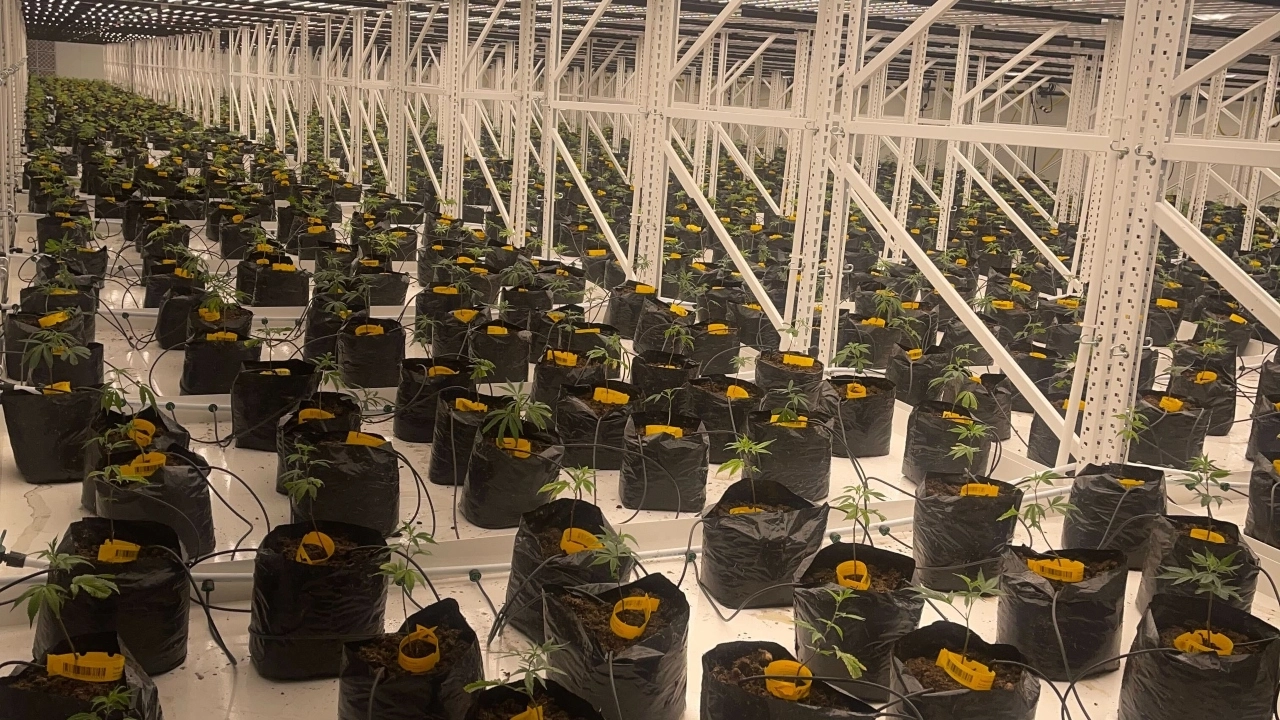Nebraska’s limited number of commercial medical cannabis cultivators won’t be able to grow more than 1,250 flowering plants.
That’s to please Republican Gov. Jim Pillen, who refused to sign off on rules that advocates criticized as already too restrictive without additional cultivation limits, Nebraska Public Radio reported.
Nebraska voters legalized medical marijuana last November by a strong majority.
But since then, lawsuits and official opposition from top politicians, including Pillen, have delayed the launch of MMJ in the conservative state.
Last week, the Nebraska Medical Cannabis Commission unveiled rules that included license limits restricting business opportunities to no more than:
- Four cultivators.
- Four processors.
- 12 dispensaries.
That wasn’t good enough for Pillen, who declined to sign off on those regulations.
The governor indicated in a Sept. 4 letter that cultivation limits are needed to curtail “an unregulated, unintended black-market supply.”
Nebraska medical marijuana cultivation limits too low to supply patients?
On Monday, the commission passed new rules that limit each of the four future cultivators to no more than 1,250 flowering plants at any one time.
According to Crista Eggers, executive director of Nebraskans for Medical Marijuana, which organized last year’s successful ballot initiatives, that will be far too low to supply cannabis patients in the state.
Cultivators would likely need to grow 5,000 plants for 2,500 patients, she told Nebraska Public Radio.
It’s unclear whether the 1,250-plant limit will satisfy Pillen. The commission is scheduled to meet Sept. 30.
Nebraska’s current proposed rules also ban cannabis edibles as well as smokeable and vaporizable cannabis.
Cannabis may be consumed by “oral tablets, capsules or tinctures, as well as through gels, oils, creams or other topicals” only, according to the proposed rules.
Cannabis patients are also forbidden from obtaining or possessing the raw cannabis plant.
That also contradicts voter-approved Initiative 437, Eggers has said.
Medical Disclaimer:
The information provided in these blog posts is intended for general informational and educational purposes only. It is not a substitute for professional medical advice, diagnosis, or treatment. Always seek the advice of your physician or other qualified healthcare provider with any questions you may have regarding a medical condition. The use of any information provided in these blog posts is solely at your own risk. The authors and the website do not recommend or endorse any specific products, treatments, or procedures mentioned. Reliance on any information in these blog posts is solely at your own discretion.






